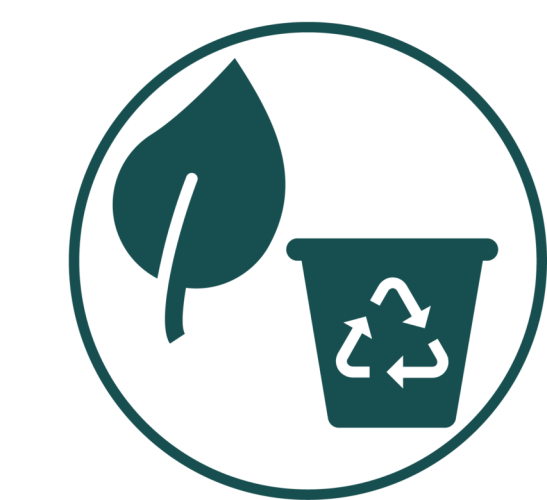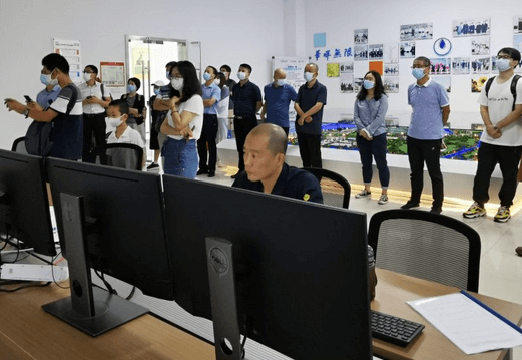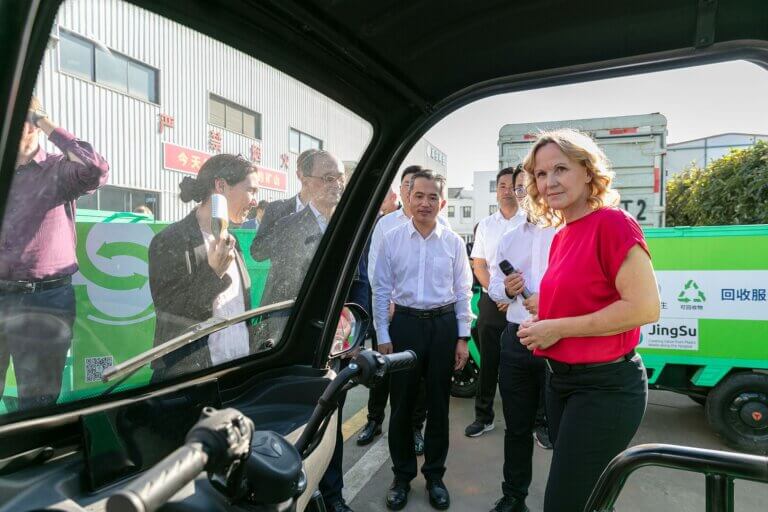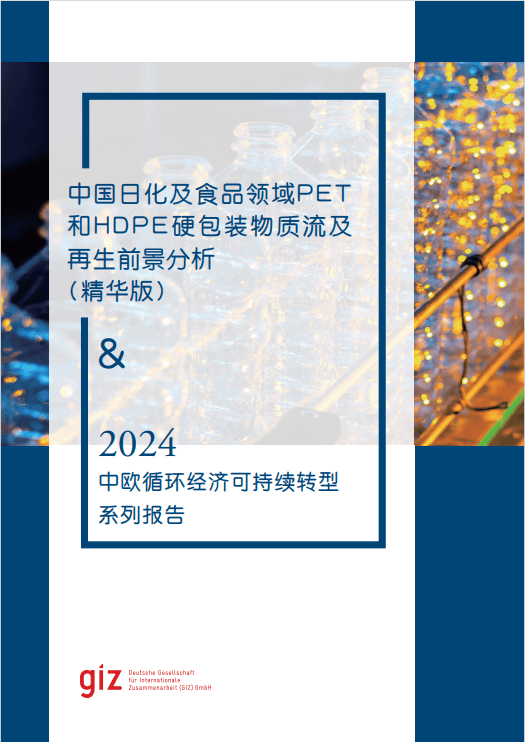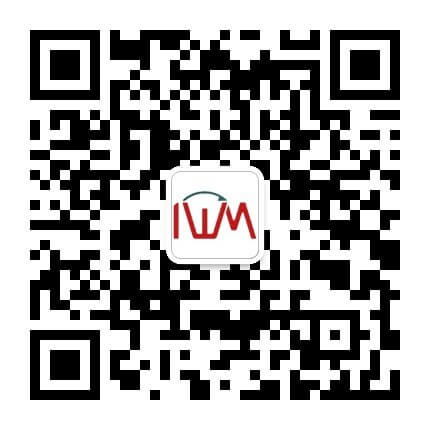From July 26th to 30th the Deutsche Gesellschaft für Internationale Zusammenarbeit (GIZ), China Association of Urban Environmental Sanitation (CAUES) and adelphi consult jointly organized the “Training of Trainers on Integrated Solid Waste Management” in Suzhou, PR China. A total of 35 representatives from SinoCarbon Innovation & Investment Co.,Ltd. , GIZ and demonstration cities (Suzhou, Xi’an, Bengbu and Tai’an) attended the meeting.

The Training is designed to broaden the knowledge of waste management practitioners and to assist the IWM NAMA pilot cities to gain skilled and capable waste management trainers. The training supports the spread of low carbon development concept in MSW management, and through learning, attendees can improve their performance in planning and monitoring tasks of MSW management departments.

In this training, international experts from adelphi, Envero, Intecus, Beuth University, Black Forest Solutions and BN Umwelt were invited to give a systematic explanation of basic principles in waste management and circular economy and to share their experience in material flow analysis, waste treatment technologies, implementation and monitoring of integrated MSW management in an online and offline interactive way. One important aspect explored during the training was the way how to promote an effective participation of society in integrated waste management on the level of household, industry, etc. in short and long term.
This training uses an online self-learning platform Moodle, which supports students in familiarizing themselves with the training contents in advance and also allows them to review and reflect on them after the training session. Furthermore, this platform has a possibility of continuous learning as an open platform in the future. This training not only enables the students to gain a deep understanding of the relevant concepts in international integrated waste management, but also visualizes through the exchange the similarities and differences in waste management systems in Germany and China.

A very important point on the training agenda in the first block was the visit to two facilities, the Suzhou Industrial Park Kitchen Waste Treatment Plant and to the Shishan Recyclable Sorting Center, where participants learned about the specific characteristics of each plant and could experience directly how the MSW management policies were implemented in these two cases.

In summary, the detailed and comprehensive explanations answered trainee’s questions and the full and in-depth discussion explored possible cooperation between China and Germany in the field of integrated waste management in the future.
With the end of the first block of the training, we are looking forward to working and learning together during the second block scheduled in October and to still strengthening the exchange and cooperation in waste management to ultimately achieve greatly performing integrated waste management systems in the demonstration cities.
